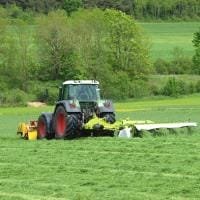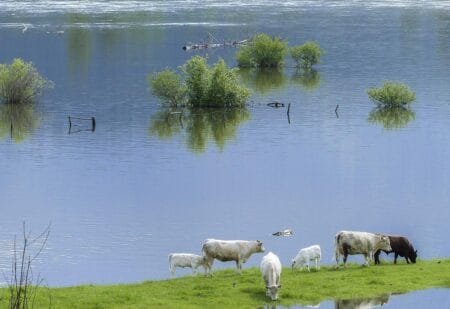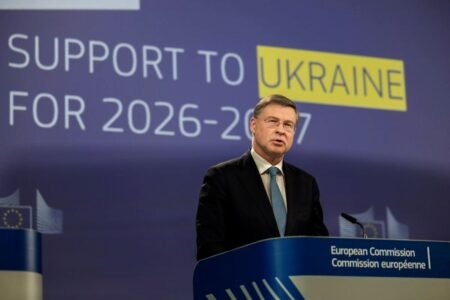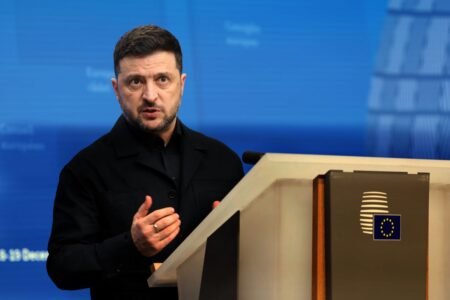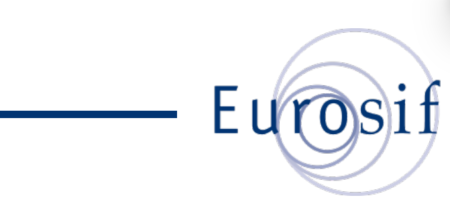(LUXEMBOURG) – EU agricultural funding destined for climate action has not contributed to reducing greenhouse gas emissions from farming, according to a special report published Tuesday by the European Court of Auditors.
Although over a quarter of all 2014-2020 EU agricultural spending – more than EUR 100 billion – was earmarked for climate change, greenhouse gas emissions from agriculture have not decreased since 2010. This is because most measures supported by the Common Agricultural Policy (CAP) have a low climate-mitigation potential, and the CAP does not incentivise the use of effective climate-friendly practices, according to the ECA’s report.
The auditors examined whether the 2014-2020 CAP supported climate mitigation practices with the potential to reduce greenhouse gas emissions from three key sources: livestock, chemical fertilisers and manure, and land use (cropland and grassland). They also analysed whether the CAP incentivised the uptake of effective mitigation practices better in the 2014-2020 period than it did in the 2007-2013 period.
Livestock emissions represent around half of emissions from agriculture; they have not decreased since 2010. These emissions are directly linked to the size of the livestock herd, and cattle cause two thirds of them. The share of emissions attributable to livestock rises further if the emissions from the production of animal feed (including imports) is taken into account. However, the CAP does not seek to limit livestock numbers; nor does it provide incentives to reduce them. CAP market measures include the promotion of animal products, consumption of which has not decreased since 2014; this contributes to maintaining greenhouse gas emissions rather than reducing them.
Emissions from chemical fertilisers and manure, which account for almost a third of agricultural emissions, increased between 2010 and 2018. The CAP has supported practices that may reduce the use of fertilisers, such as organic farming and cultivating grain legumes. However, these practices have an unclear impact on greenhouse gas emissions, according to the auditors. Instead, practices that are demonstrably more effective, such as precision farming methods that match fertiliser applications to crop needs, received little funding.
The CAP supports climate-unfriendly practices, for example by paying farmers who cultivate drained peatlands, which represent less than 2 % of EU farmland but which emit 20 % of EU agricultural greenhouse gases. Rural development funds could have been used for the restoration of these peatlands, but this was rarely done. Support under the CAP for carbon sequestration measures such as afforestation, agroforestry and the conversion of arable land to grassland has not increased compared to the 2007-2013 period. EU law does not currently apply a polluter-pays principle to greenhouse gas emissions from agriculture.
Finally, the auditors note that cross-compliance rules and rural development measures changed little compared to the previous period, despite the EU’s increased climate ambition. Although the greening scheme was supposed to enhance the environmental performance of the CAP, it did not incentivise farmers to adopt effective climate-friendly measures, and its impact on climate has been only marginal.
Food production is responsible for 26 % of global greenhouse gas emissions, and farming in particular the livestock sector is responsible for most of these emissions.
The EU’s 2021-2027 Common Agricultural Policy, which will involve around 387 billion in funding, is currently under negotiation at EU level. Once the new rules are agreed, Member States will implement them through “CAP Strategic Plans” designed at national level and monitored by the European Commission. Under the current rules, each Member State decides whether or not its farming sector will contribute to reducing agricultural emissions.


